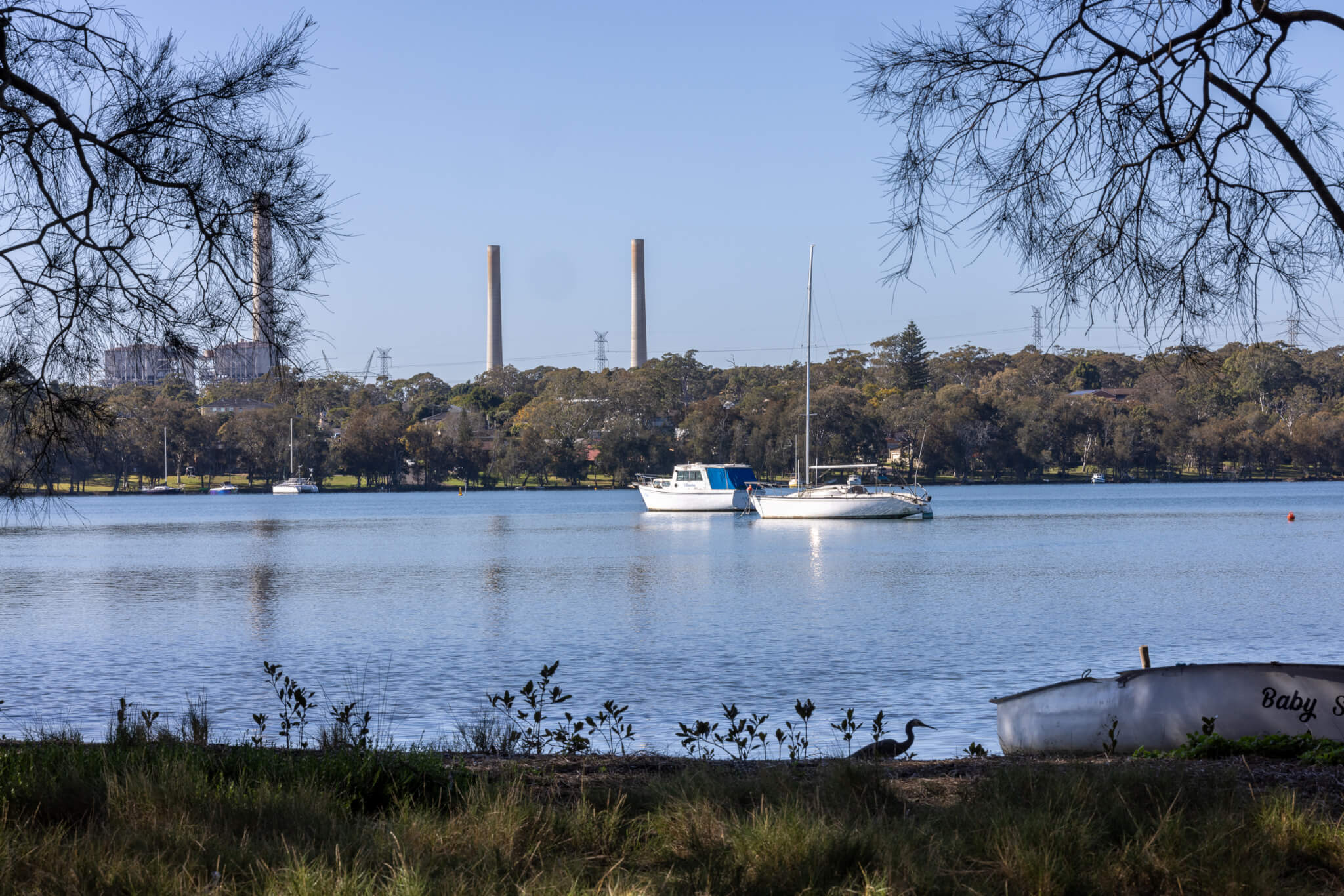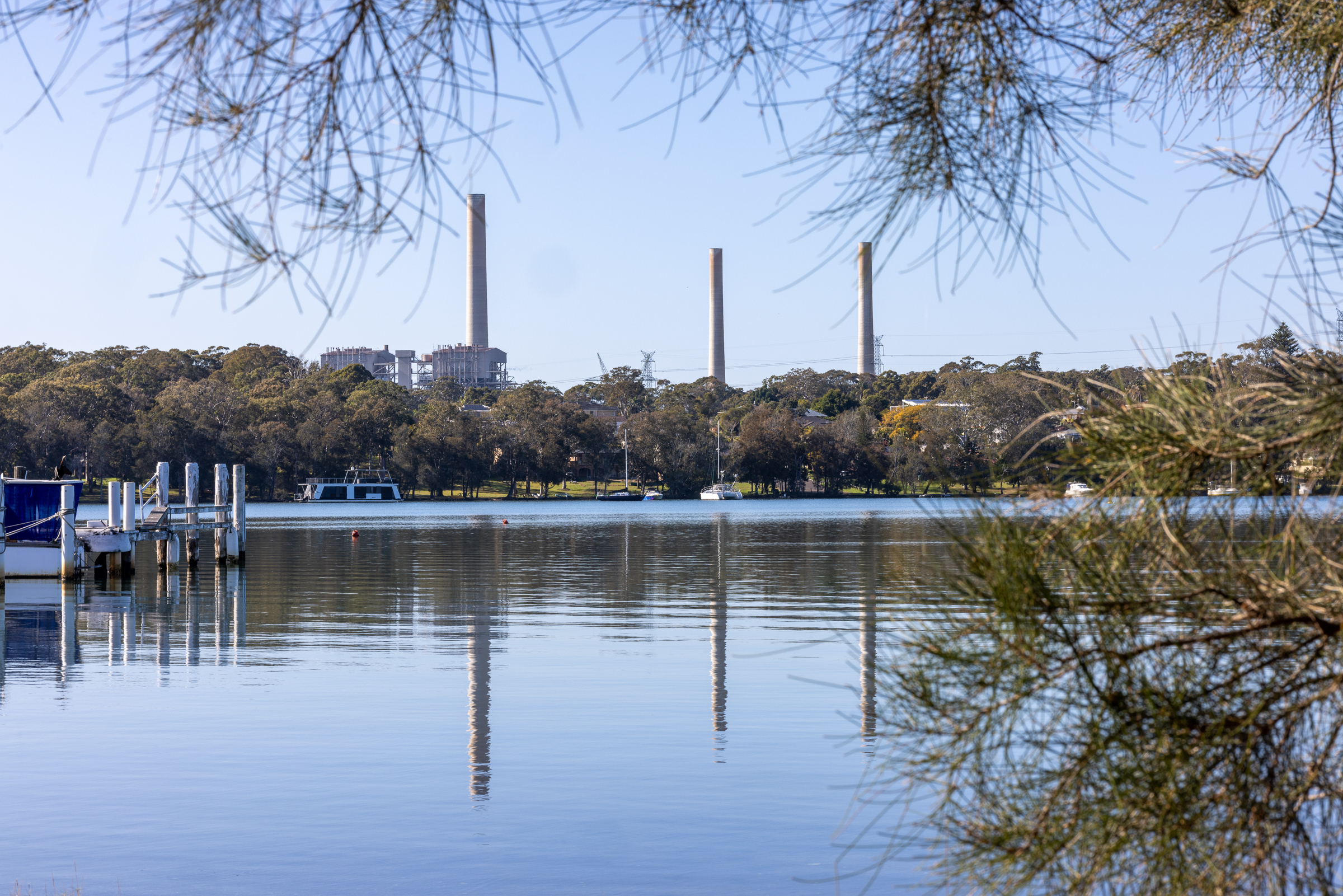In September 2022, residents in the quiet town of Mannering Park on the edge of Lake Macquarie found thousands of dead fish and stingrays washed up on the shoreline.
Mannering Park sits in the shadow of Vales Point coal fired power station, which discharges water directly into the lake. In the days after the dead fish washed up, the power station’s operator, Delta Electricity, said there was no evidence yet to conclude that it had caused the mass fish death.
Locals weren’t convinced, and after conducting an investigation, neither was the NSW EPA.
Now, the EPA is taking Delta to court in relation to the fish deaths.
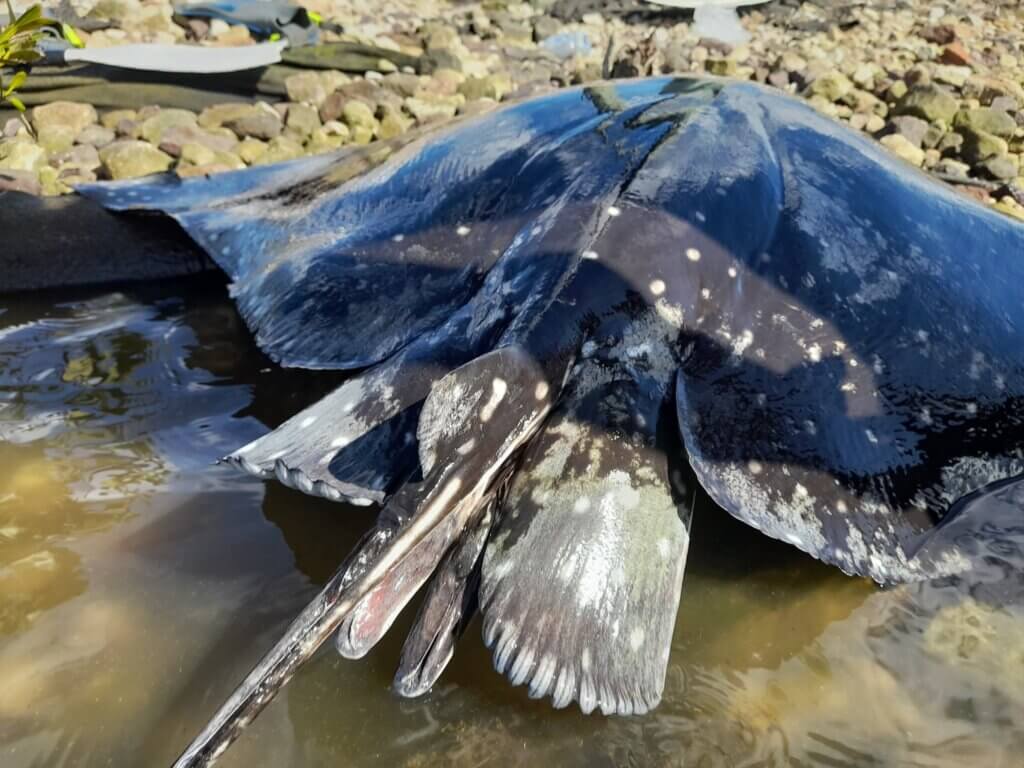
The prosecution
The EPA says its investigation found Delta allegedly breached a condition of its licence by failing to properly maintain its chlorine dosing plant, resulting in a faulty valve discharging concentrated sodium hypochlorite into the lakes waters at Wyee Bay. Sodium hypochlorite is commonly known as bleach.
The EPA also says its investigation found that Delta could have prevented the fish kill if they had adequate equipment and processes in place.
On Friday, 19 April, Delta Electricity pleaded not guilty in the NSW Land and Environment Court to one criminal charge for a breach of a condition of its licence.
This means the matter will now go to trial – with evidence and witnesses to be called. The case is next in Court in late June, at which time trial dates may be set.
This is the first EPA prosecution against a NSW coal fired power station in more than a decade. The EPA prosecuted Delta Electricity in 2009 for its operations at Wallerawang power station (which has since closed) for a licence breach relating to dust emissions from its coal ash site.
The bigger picture
The fish kill prosecution comes as Delta Coal seeks to expand its coal mining operations at Chain Valley and Mannering coal mines, which supply Vales Point with coal. Delta wants to combine its Chain Valley and Mannering collieries to dig up more coal from beneath Lake Macquarie.
In late 2022, nearly 140 community members and organisations objected to the proposal, raising concerns about ongoing community health issues due to burning the coal at Vales Point. They also flagged the lack of information provided by Delta Coal about the potential harm to the environment from greenhouse gas emissions, subsidence (or land sinking) and air pollution.
Due to the significant number of objections, the project will now be determined by the Independent Planning Commission.
The NSW Department of Planning, Housing and Infrastructure is currently assessing Delta’s proposal and has asked for Delta to provide it with more information about greenhouse gas emissions and subsidence. We understand that this information is currently outstanding – but it’s needed before the Department can write its assessment report and refer the project on to the IPC for a decision.
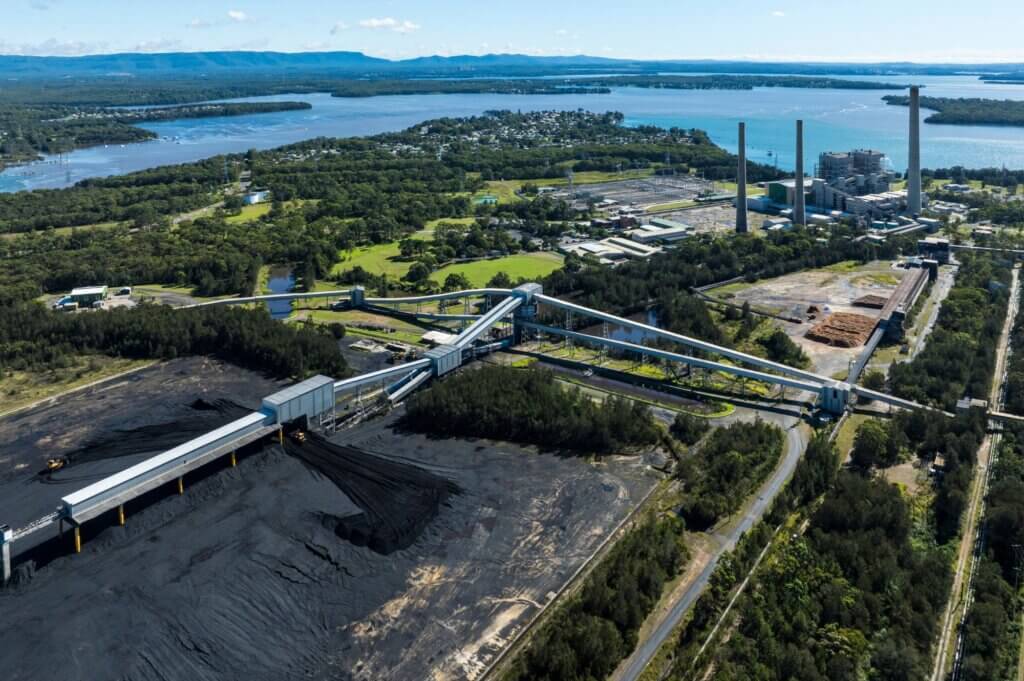
If the IPC approves the mine expansion, it would allow Delta Coal to keep mining coal beyond its current consent to 2027 – supplying coal to Vales Point to keep burning coal, causing more harm to community and environmental health.
This fish kill, as well as the ongoing pollution harms the local community has spent years fighting, are a concerning indication of what the local community could face if the IPC permits Delta Coal to expand its mine.
Coal pollution in Lake Macquarie
While this may be the first EPA prosecution against a coal-fired power station in years, the Lake Macquarie community continues to fight the harmful impacts of coal pollution.
Delta’s Vales Point power station sits on the edge of Mannering Park – where smokestacks pump out pollution just a few hundred metres away from the local primary school and a playground. Residents on the southern end of Lake Munmorah – ten kilometres away – report black dust from Lake Macquarie’s coal-fired power stations, and toxic air pollution from the power station travels as far south as Sydney.
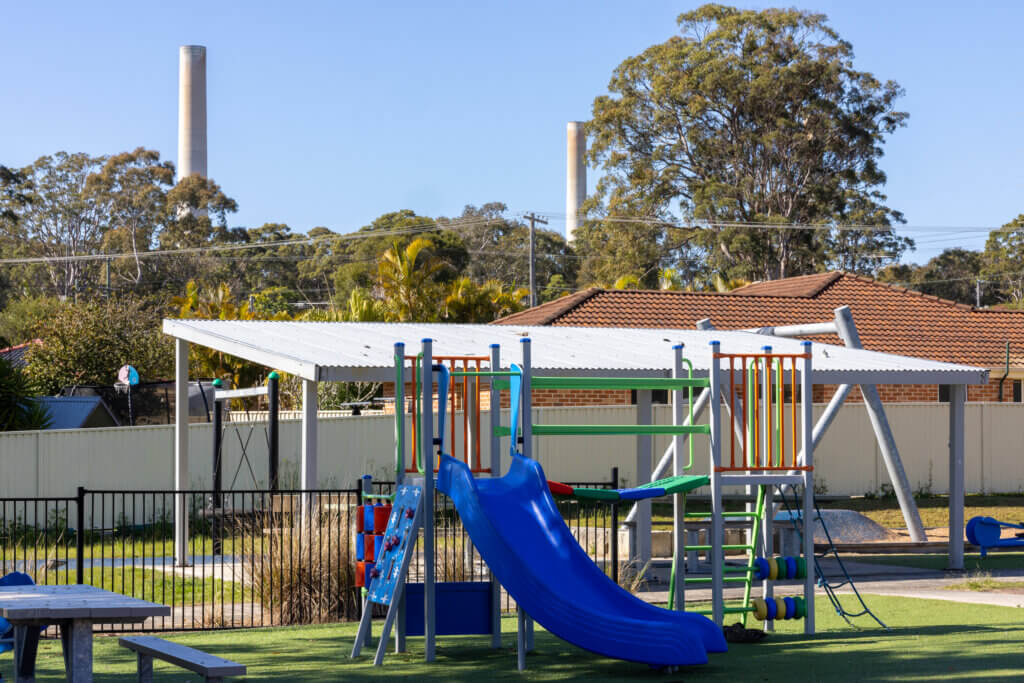
People across the Lake Macquarie and Central Coast areas experience serious health consequences as a result of coal pollution – which contributes to cancers and strokes and severe asthma and low childhood birthweights. Locals also have major concerns about water contamination from coal ash dumps at Vales Point.
Delta Electricity, which operates Vales Point, has a track record of repeatedly seeking exemptions from NSW air pollution laws in order to avoid having to significantly reduce its emissions of toxic air pollutans like nitrogen oxides, particulates, mercury and sulfur dioxide.
Sev.en Energy AG, the international company that owns Delta, has a disturbing record overseas of seeking to avoid pollution controls, and extending the operation of coal-fired power stations at the expense of community health.
What happens next?
On the EPA’s prosecution: The matter is next listed in the Land and Environment Court on 28 June, at which time trial dates may be set.
On Delta’s plans to mine more coal: Once the outstanding information on greenhouse gas emissions and subsidence is provided by Delta Coal to the Department and published, we’ll be scrutinising it to better understand the project’s impacts.
After the project is referred by the Department to the IPC, we’ll also be assisting the community to fully participate in the IPC assessment and decision-making process.
If you’re in the Lake Macquarie community, you may want to join Future Sooner, a grassroots advocacy group fighting for a future free from coal pollution.
Sign up for updates and we’ll keep you in the loop.
